Brussels populism and the mythical "Armenian corridors" Experts weigh in on EU’s South Caucasus transport plan
At the "Central Asia–EU" summit in Uzbekistan, European Commission President Ursula von der Leyen made a rather strange statement. She managed to link the operation of a transport corridor from Europe through the South Caucasus with the need to open Armenia's borders with Türkiye and Azerbaijan. Naturally, Armenia greeted these remarks with particular delight.
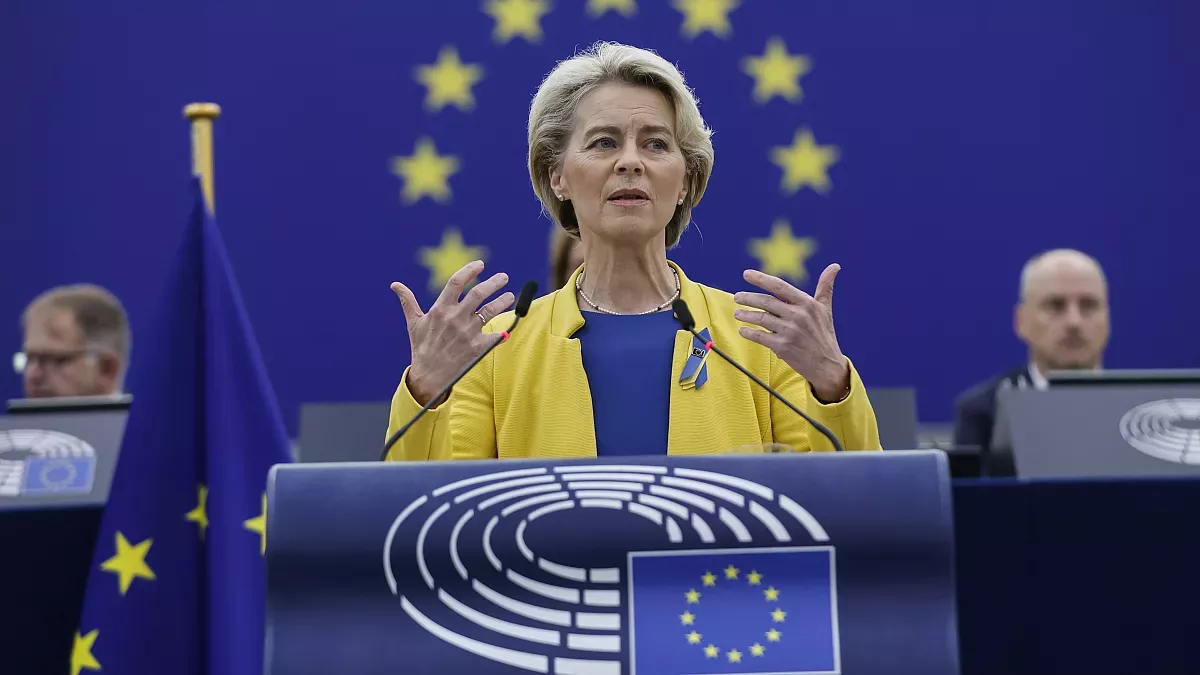
In the vague plans of the EU and their imaginary corridor through Armenia, Brussels has now "forgotten" about the existence of Georgia. Such statements by von der Leyen, attempts to lobby for the opening of Armenia's border with Türkiye, and complete inaction regarding the fulfillment of Baku's preconditions for signing a peace agreement have been perceived by Yerevan as clear support from Europe.
Clearly, for Yerevan, the first is in no way connected to the second. They truly believe that the EU will help pressure Ankara and force it to open the border with Armenia—despite the fact that Yerevan is essentially "asleep" in the track of bilateral negotiations with Baku, hoping for a stroke of luck in international politics.
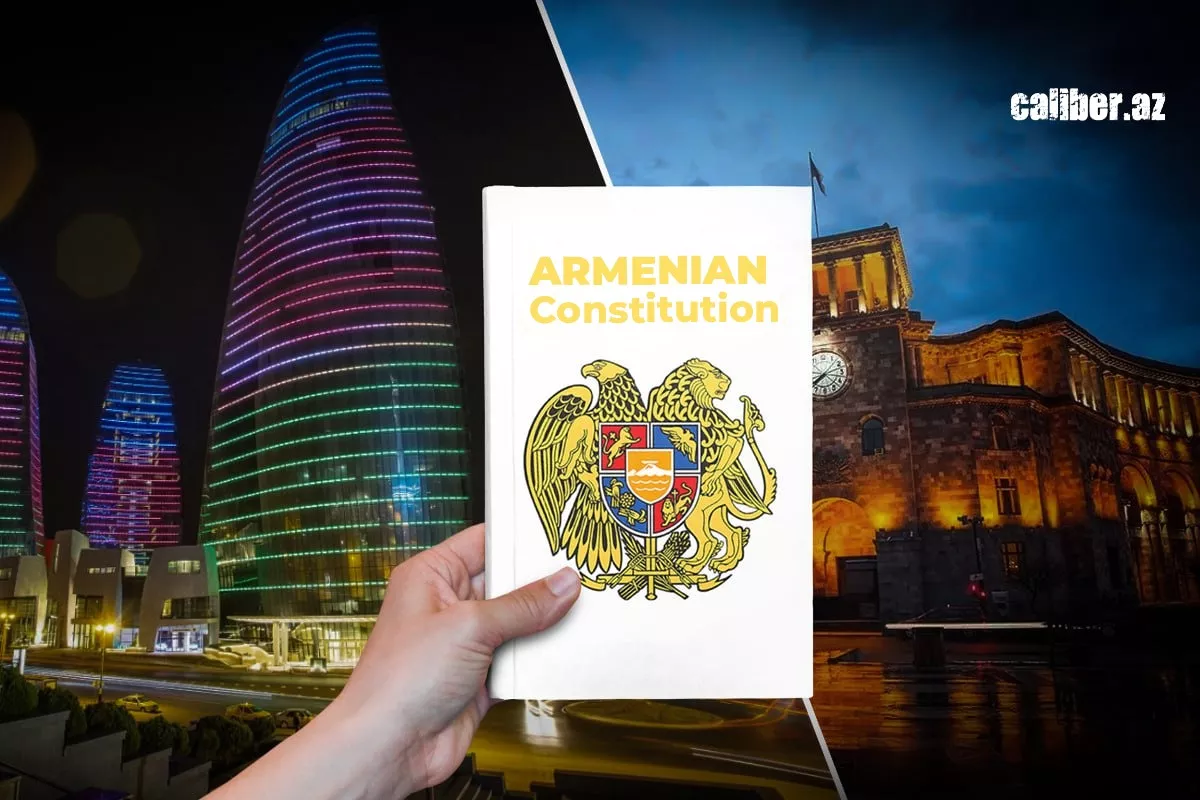
Baku has repeatedly emphasized that it is waiting for concrete actions from Yerevan—first and foremost, a draft of Armenia’s new constitution that fully excludes territorial claims against Azerbaijan, as well as joint efforts to completely disband the OSCE Minsk Group.
How realistic are Yerevan's dreams of opening the border with Türkiye without fulfilling Baku's preconditions? This question was addressed by the Caliber.Az correspondent to foreign political analysts.
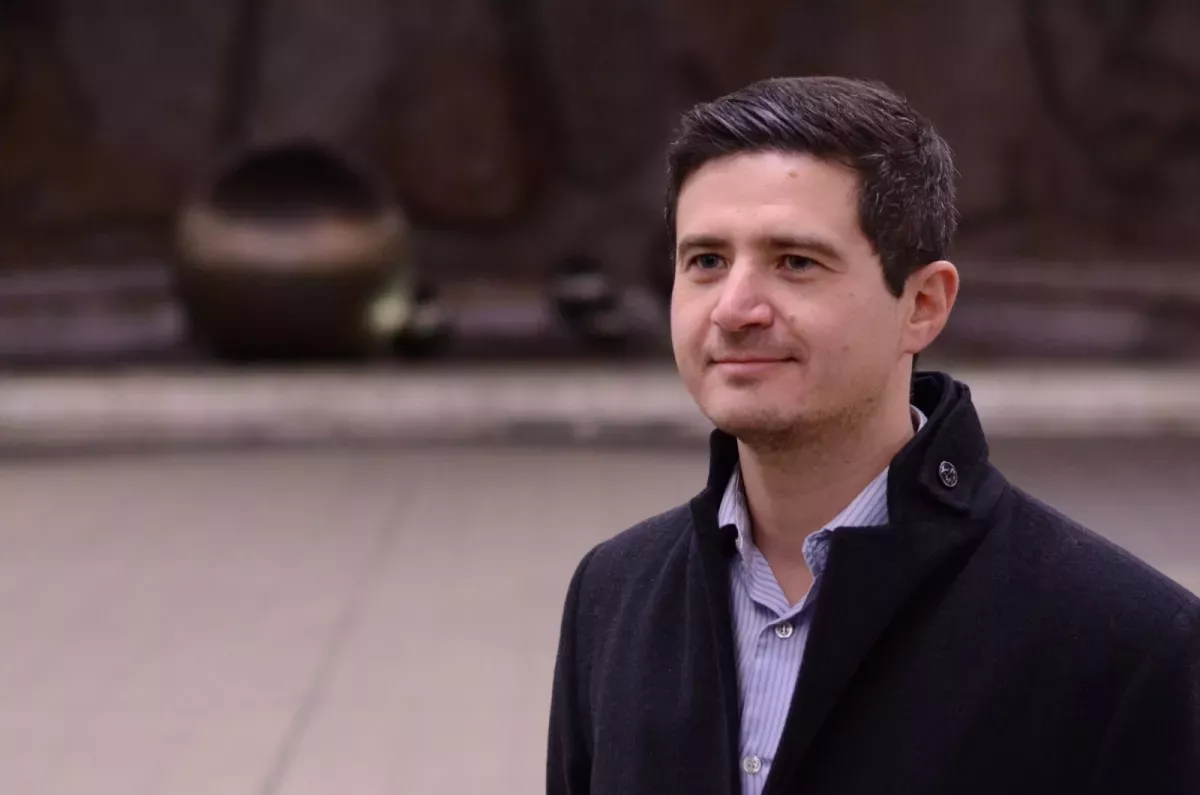
Belarusian political analyst and chief expert at the Center for Analytical Forecasting, Alexei Chernov, believes that the celebration in Armenia over the lobbying of a so-called "Armenian version" of the transport corridor through the South Caucasus is extremely premature.
"During his recent speech, the President of Azerbaijan noted that any dreams and plans of the European Union to establish its own order in the South Caucasus will fail because they do not align with reality. The main transport and transit beneficiaries here are Azerbaijan and Georgia. These countries have worked tirelessly for many years, investing their resources and finances to establish grand projects like the Baku–Tbilisi–Kars railway, the delivery of green energy to Europe, and many others.
Now, if Brussels demands a rerouting of these corridors, will Baku and Tbilisi obediently comply with these demands? Does Armenia really believe that everything in the world happens according to orders from Brussels? Of course not—this obvious truth has been demonstrated by Baku as it shapes its vision for the political structure of the South Caucasus, the main principles of which are peace and constructive cooperation," emphasized the political analyst.
According to Chernov, if one carefully analyzes Ursula von der Leyen's statements, it becomes clear that this is an obvious bluff by European politicians who are poorly acquainted with the actual map of the South Caucasus.
"It is very foolish to believe that any communications in Armenia could replace the magnificent transport infrastructure of Azerbaijan and Georgia, or that Armenia’s 'crossroad of peace'—the Zangezur Corridor or the 'Araz' corridor through Iran to Nakhchivan—could compare.
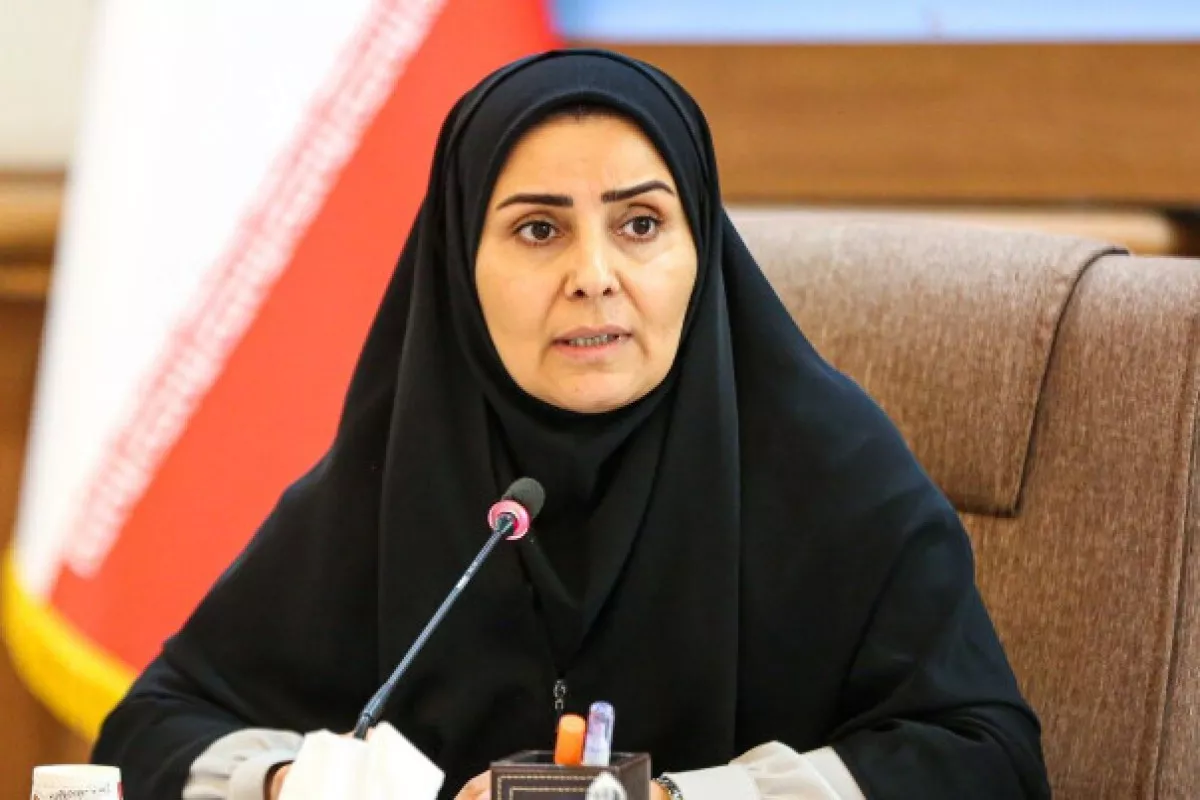
In Azerbaijan, Farzaneh Sadegh, Iran's Minister of Transport, visited and held detailed, substantive talks with Azerbaijani counterparts: they discussed numbers, budgets, deadlines, and plans—how future road and rail connections through Iran will look.
In Azerbaijan, they don't just talk—they work. But what is Armenia doing right now? How do they plan to implement transport projects if they seriously consider themselves a transit country? Unfortunately, they are doing nothing. In what time frame can Armenia build the necessary infrastructure for the phantom transport corridor? How do they plan to implement the project of the mythical ‘crossroad of peace’ that supposedly should pass through the hills and mountains of the Lesser Caucasus?
At the moment, Armenia has not lifted a finger to start doing anything in this direction. This only highlights that all talks about Armenian corridors are a myth, which is well understood even in Europe. However, European populism seems to be ineradicable," noted Chernov.
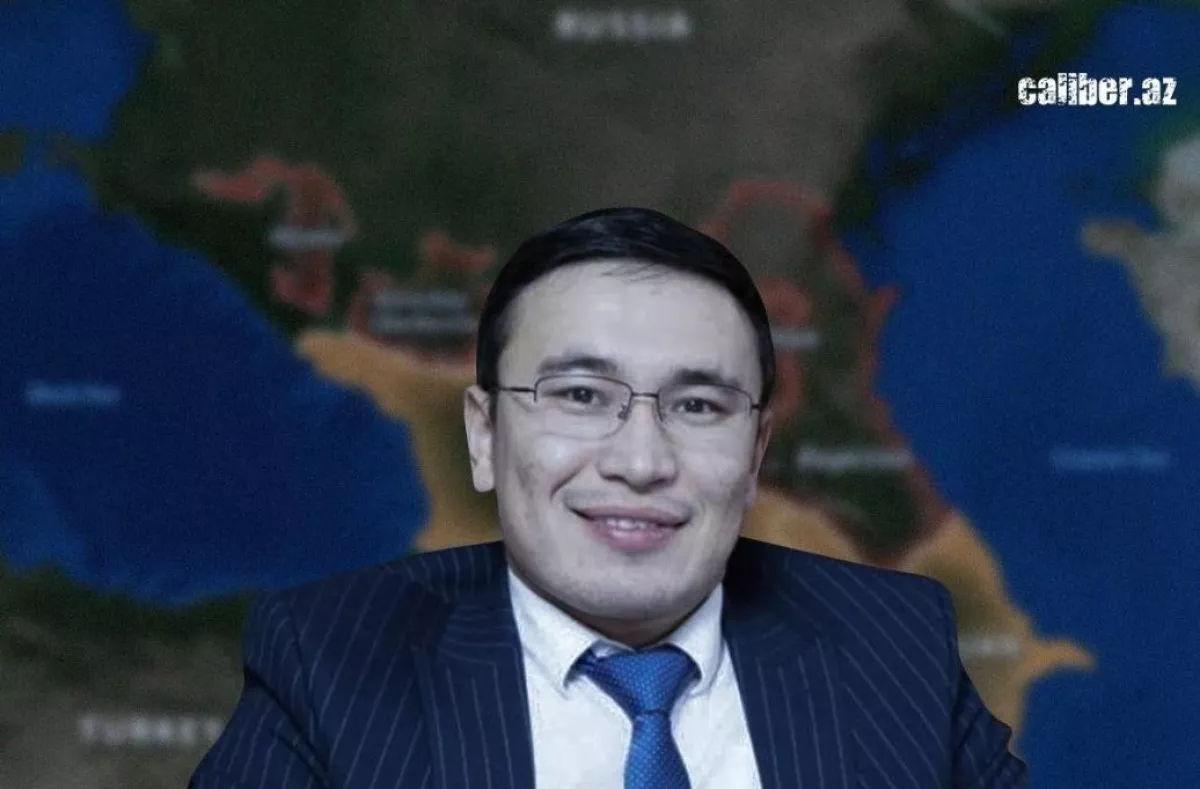
In turn, Kazakh political analyst Azat Akhmetov believes that Armenia’s unfounded hopes of redrawing the roadmap for the South Caucasus can easily be debunked by just two political statements.
"The first is Türkiye's statement that the opening of its borders with Armenia is solely conditional on Yerevan meeting all of Baku’s requirements within the framework of bilateral negotiations. This position has not changed. Türkiye's stance on this issue remains unchanged.
The second is the recent signal from Ankara. As stated by Türkiye's special representative for the normalization of relations with Armenia, Serdar Kılıç, there has been no progress on the issue of opening the Armenian-Turkish border, and he simply shrugged. This should also be seen as a clear hint from Ankara about the poor and dishonest work of Yerevan," summarized Akhmetov.








